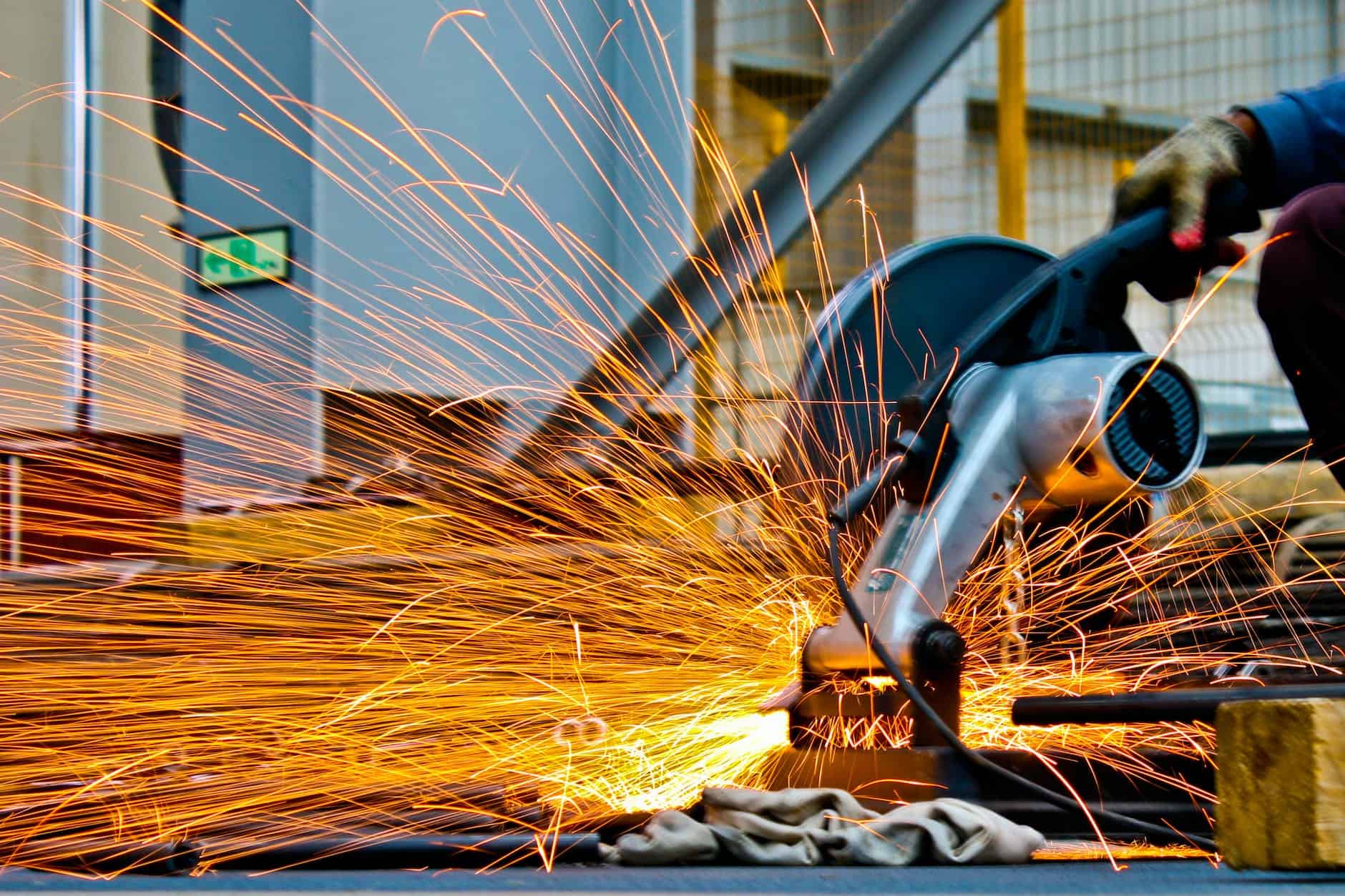The Swiss union association Travail.Suisse is demanding salary increases of between 3.5% and 4.5%, depending on the sector, for all workers reported RTS. Photo by Anamul Rezwan on Pexels.comThe organisation argues that the demanded hike is justified as a way to keep salaries aligned with cost of living increases and rising productivity. It says that costs such as healthcare and rent are the main financial challenges for workers. It also argues that rising productivity gives companies profit margins that make higher salaries possible. Pay increases in the trades, machine industry, electrical equipment, metal work and health sector are particularly pressing, according to the union Syna. Travail.Suisse says real salaries after adjusting for inflation have been falling since 2020.
Topics:
Investec considers the following as important: Business & Economy, Editor's Choice, Personal finance
This could be interesting, too:
Investec writes Swiss inflation falls further in January
Investec writes Catching ski pass cheats – reactions, fines and worse
Investec writes Swiss milk producers demand 1 franc a litre
Investec writes Swiss income taxes at highest level since 2008
The Swiss union association Travail.Suisse is demanding salary increases of between 3.5% and 4.5%, depending on the sector, for all workers reported RTS.

The organisation argues that the demanded hike is justified as a way to keep salaries aligned with cost of living increases and rising productivity. It says that costs such as healthcare and rent are the main financial challenges for workers. It also argues that rising productivity gives companies profit margins that make higher salaries possible.
Pay increases in the trades, machine industry, electrical equipment, metal work and health sector are particularly pressing, according to the union Syna.
Travail.Suisse says real salaries after adjusting for inflation have been falling since 2020. Real pay has fallen roughly 4% since 2020 after rising by around 6% in the 7 years prior to 2020.
A Swiss employers association has called the pay demands unrealistic and exaggerated. It paints a picture of a pending economic slowdown and points to average annual real pay rises of 0.3% in the decade between 2012 and 2022.
Pay rises also come with risk due to their potential impact on inflation. More money in more pockets means more potential spending and reduced pressure to cut costs and prices.
Switzerland has been largely shielding from global inflation by the rising strength of its currency. However, this phenomenon has limits. Bloomberg reported that the Swiss National Bank might be poised to reduce its sales of foreign currency, an activity that supports the value of the Swiss franc.
Rising wages and a potential weaker Swiss franc could potentially push up Swiss inflation, which is currently running at an annual rate of 1.6%.
More on this:
RTS article (in French) – Take a 5 minute French test now
For more stories like this on Switzerland follow us on Facebook and Twitter.
